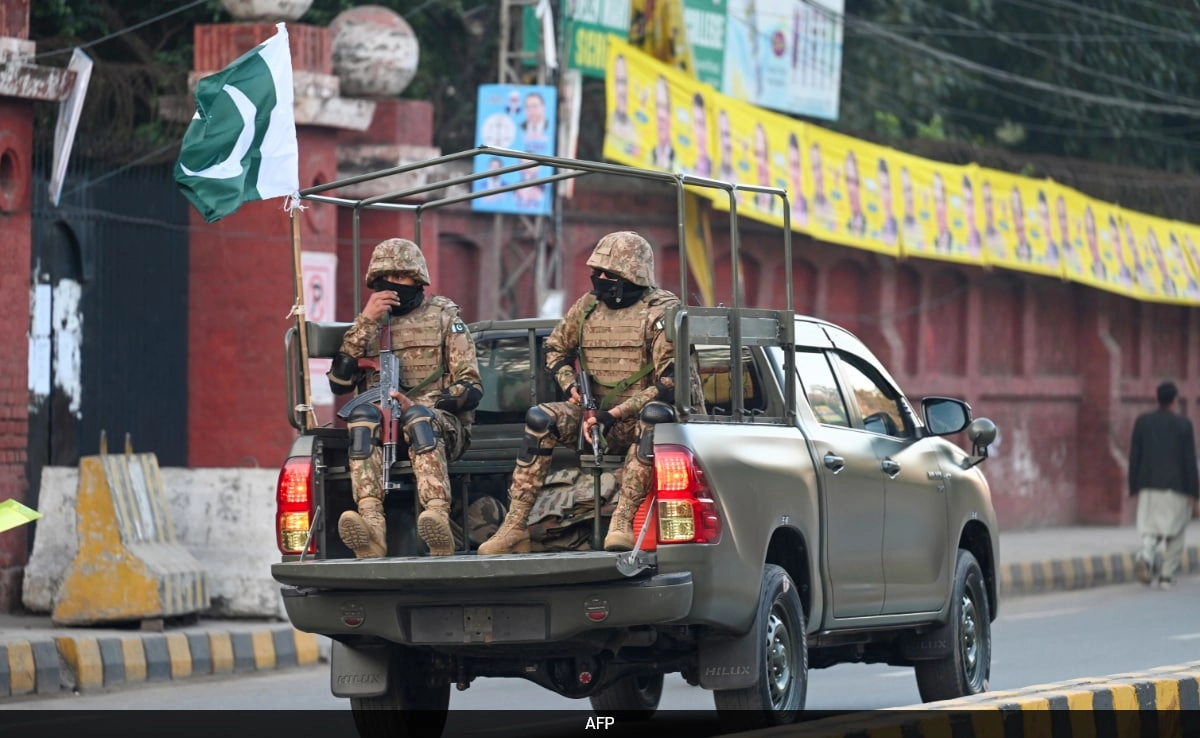In a tragic incident in Balochistan, Pakistan, seven soldiers lost their lives due to a bomb explosion. The attack, which targeted a military convoy, underscores the ongoing security challenges faced by the region. Balochistan, rich in natural resources, has been a site of longstanding conflict involving various militant groups, separatists, and state forces. The violence has persisted for years, with the military often engaged in operations to quell insurgent activities and restore stability in the area. This particular incident highlights the perilous nature of military operations in a region where threats from improvised explosive devices (IEDs) are a constant concern.
The implications of this attack extend beyond the immediate loss of life, as it raises questions about the effectiveness of current security measures in Balochistan. The military’s presence is substantial, yet the ability of militant groups to carry out such attacks suggests a troubling level of operational capability and intelligence gaps. In recent years, the Pakistani government has made efforts to stabilize the province, yet incidents like this reveal the persistent volatility that still affects the lives of both military personnel and civilians alike.
As the nation mourns the loss of these soldiers, there is a renewed call for enhanced strategies to combat terrorism and insurgency in the region. The Pakistani military and government may need to reassess their tactics and consider more comprehensive approaches that involve local communities in the fight against extremism. Engagement with local leaders and addressing the socio-economic grievances that fuel discontent may be essential steps toward achieving lasting peace in Balochistan. The loss of these seven soldiers is a stark reminder of the sacrifices made by the armed forces and the ongoing struggle to maintain security in one of Pakistan’s most troubled areas.




